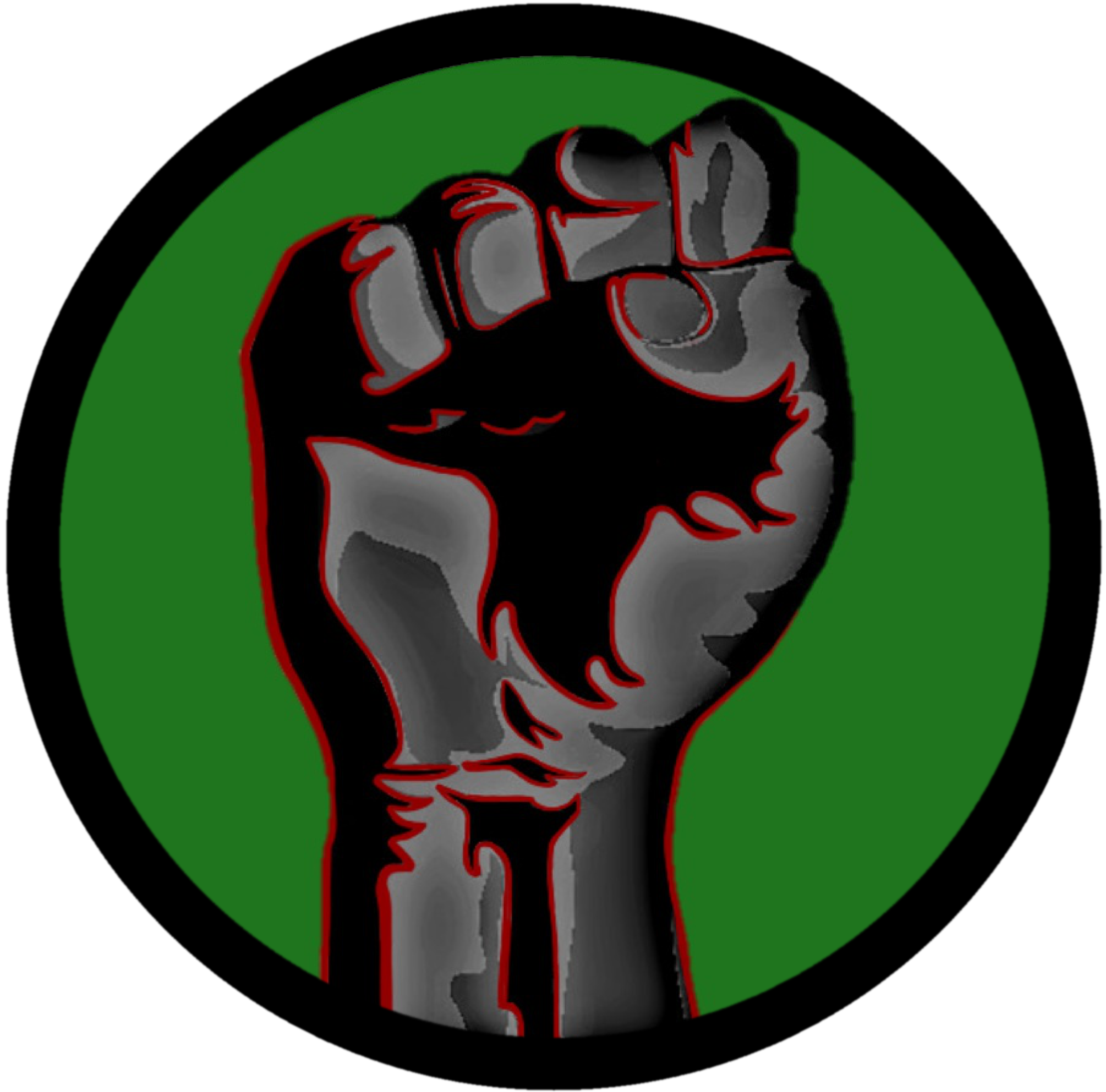Institutional Demands
Black Lives Matter of Greater Burlington condemns the police brutality of the Burlington Police Department (BPD) – both the brutality seen in body camera footage and ongoing brutality that continues to go insufficiently recorded or documented.
In addition to the need for structural change, those of us who are not police officers or part of the legal “justice” system must commit to alternatives that increase safety in our community. We must all take responsibility for how we interact with these institutions and each other. This includes seeing and acknowledging the risk of violent and irreversible outcomes of calling the police, particularly for Black people, and “thinking twice” before making that call.
September Pledge Point Spotlight
“Living Our Politic: Why We Center Healing“
The US economy thrives (for a few) on the business of world domination and conquest. Gender roles rely on an arbitrary binary where one has power and value over the other. Whole groups of people remain oppressed under a regime that started with genocide and slavery. All these things are done in order to produce profit-draining systems that channel wealth from the people to an elite few. And when our economy functions by exploiting the people’s labor, we may also come to believe and act as if our value in society is defined by that labor. But where does that leave the sick, disabled, mad, & elderly—a group to which we all belong at one point or another?
What sort of culture is created by this material reality? What must a people believe in order to justify the daily contradictory violence of a militaristic country that says it stands for freedom? And where and how do these beliefs, or contradictions, show up in our bodies and daily lives? Militarism glorifies brute force, perpetuates the belief that war is normal and necessary, blames victims, and values dominance over appreciation of difference. This shows up obviously in our history, political institutions and wars, but also in how we communicate, understand, and relate to each other in our daily lives.

And so, with confronting militarism as a key aspect of our healing, this September we will engage the themes of: a love ethic in our movements, the conflation of dominance and difference, and creating access as an act of love and revolutionary power. As our last gathering of the year, September’s Community Caucus Meeting will be held via zoom on Wednesday, September 15th. And this month we will round out our exploration of the Think Twice Pledge Point 2: I pledge to train myself and community members in first-aid and healing centered de-escalation by focusing on the topic: Living our Politic: Why We Center Healing. Policing, and more broadly, militarism, is woven into our dominant culture so intricately that there are few, if any, aspects of our lives that have been untouched. That’s why we will confront the role of US militarism in our lives and use Black feminism as our guide. While pre-reading isn’t expected, you can check out this month’s content here. For more caucus-specific content info, stay tuned to your email after you register for the appropriate caucus meeting below.
Community Pledge
While saying ‘no’ to the abuses of police, we must say ‘yes’ to the alternatives by actually building them. A community without policing means a community that has each other’s backs. It means being committed to healing from the impacts of police in our communities and in our minds, and developing the shared skills, knowledge, and structures to do so. We do not need anyone’s permission to begin this work, and there’s no need to wait either.

Recommendations
The following are adapted from a Zine by May Day Collective and Solidarity & Defense
- If you have to make an official report about an incident, go to the police station rather than inviting them into your community.
- Assume odd behavior is a sign of illness rather than criminal intent – ask if the person needs medical attention.
- A tow truck is better equipped to help a broken-down vehicle than the police.
- Is that person “suspicious-looking” because their race, gender, ethnicity, class, or housing situation is different than yours? You may place them at risk of being harmed if the police are called. Can you just go about your own business?
- Inviting police into public spaces increases tension. There is enough stress and tension in schools, workspaces, and public places without the need to increase it with the presence of armed officers.
- Get to know your neighbors – if you have a disagreement about their behavior, it’s easier to address it directly with someone you already have a relationship with.
- Take a first-aid, de-escalation, conflict resolution, or self-defense class and put those skills to use when needed rather than calling the police. You’ll feel good about yourself, too!
- If no one is being hurt or endangered when public or corporate/private property is being disturbed, let it be.
Pamphlet Downloads
We encourage anyone committed to building healthy, restorative alternatives to policing to download and share these recommendations & resources.
Think Twice Before You Call the Police Tri-fold Pamphlet
Think Twice Community Pledge Poster Poster (French)
Think Twice Community Pledge Poster (English)

